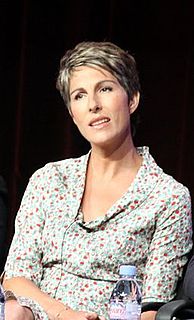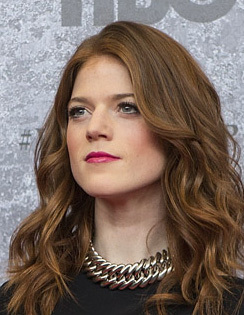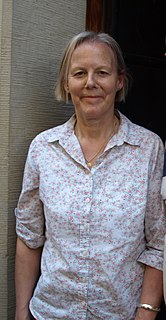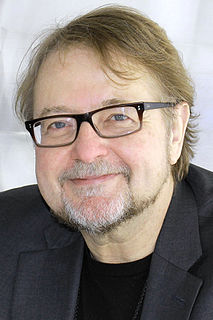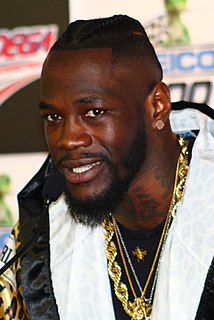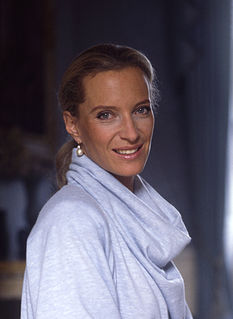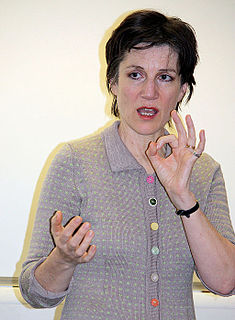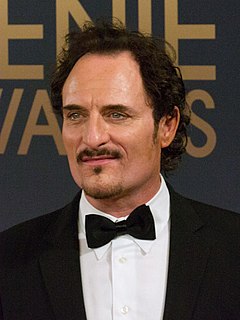A Quote by Eileen Atkins
On the street where I lived, they almost didn't know the word 'university,' and my mother was simply appalled when it was suggested to her that I was to go to a drama college.
Related Quotes
Every drama school in the country turned me down, and so I was lucky to study drama at all, even if it was lowly Birmingham University. But even when I came out with my degree, my mother promptly insisted I go straight to secretarial college to have something to fall back on, just in case - which didn't exactly fill me with confidence.
My dad looked like Errol Flynn, and I think my mom thought she was moving into a hacienda, but they lived on a dirt street in Tijuana, a house jammed with relatives, nobody speaking English. She didn't know a word of Spanish. She grew up well and was appalled and humiliated, terrified of anyone ethnic.
When I went to college, I went to a junior college. I wanted to go to the University of Alabama but had to go to junior college first to get my GPA up. I did a half-year of junior college, then dropped out and had my daughter. College was always an opportunity to go back. But she, my daughter, was my support. I gave up everything for her.

